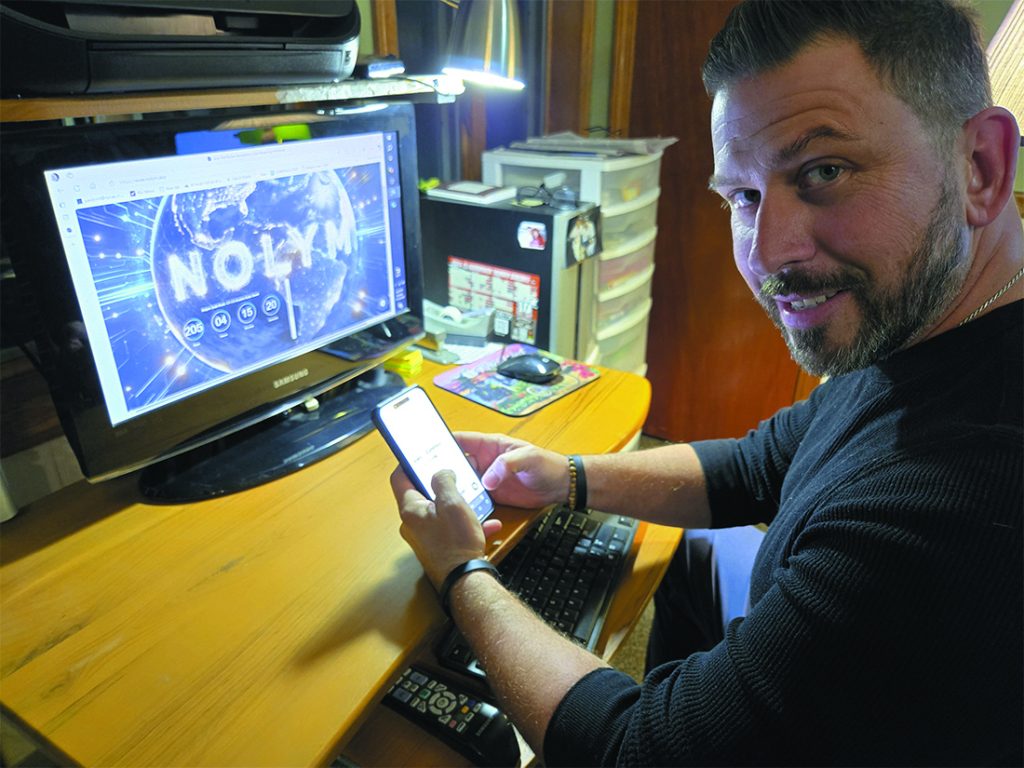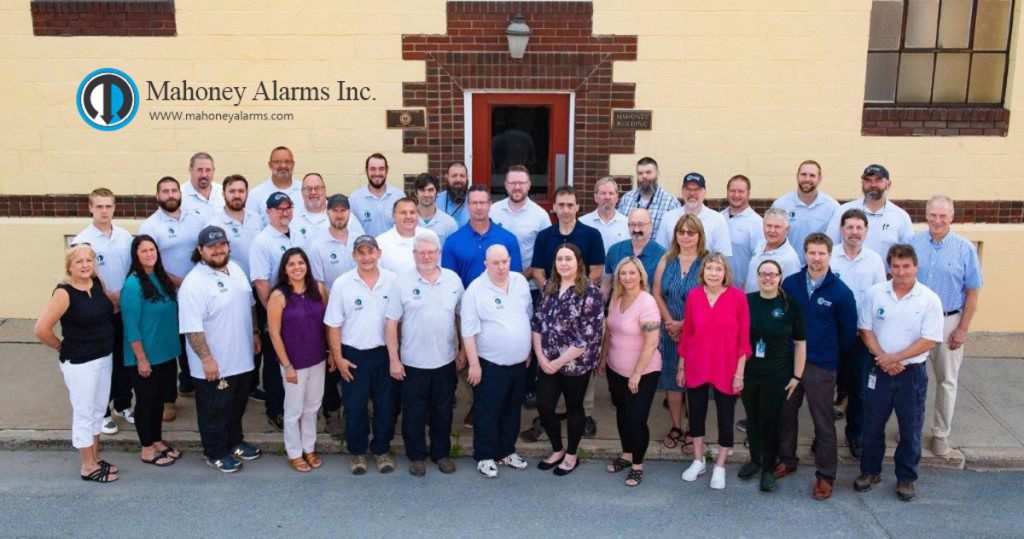
Courtesy StoredTech
By Aleks Pavlinik, Chief Information Security Officer
Why protect your personal digital life? Securing your personal life identity, passwords, and digital assets is crucial not only for your own safety but also for the security of your workplace. Think about it… we all access our work emails through our personal smartphones everyday. We reply to emails, we open attachments, we check our calendars for meetings. Some companies even allow their staff to use their own computers for work. But if compromised, these personal devices are a gateway for cybercriminals to infiltrate your workplace systems.
Maintaining strong, unique passwords, requiring multi-factor authentication (MFA) for all accounts, and using strong security solutions for your personal devices helps you contribute to a more secure and resilient organizational infrastructure. Remember, your personal security practices are the first line of defense in protecting both your personal and professional life.
Everyone reading this has probably experienced a risk or an attempt of identity theft, financial loss, and unauthorized access to your accounts. Someone tried to login to your social media accounts, or your bank called you with a questionable fraud attempt. This is tenfold for a business. There’s a whole business market out there of hackers who make millions by exploiting businesses, holding their data at ransom and stopping them from working and serving their customers.
Small businesses may think, “a hacker wouldn’t waste time going after my business. We aren’t big enough.” And that’s exactly the point. They know small businesses owners are not investing the resources in cybersecurity measures, so it’s easy for them.
While personal devices allow employees to work with flexibility and efficiency, they also pose significant cybersecurity risks. Without a strong security culture, one compromised device can lead to devastating data breaches. The good news? A robust security culture can significantly reduce your business’s risk. Here’s how to make it happen.







